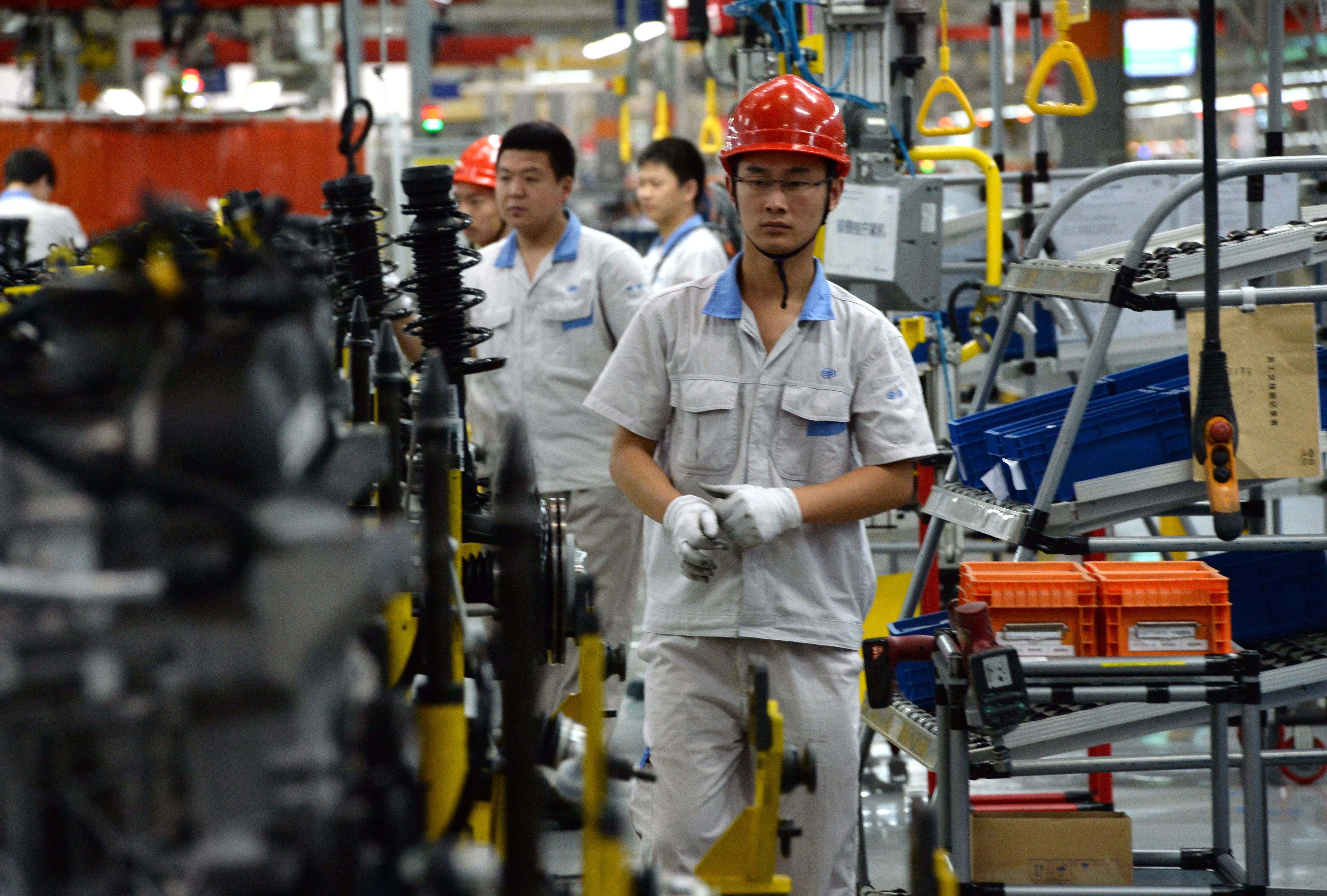Record Number of U.S. Firms Shift Investments Away From China
Record Number of U.S. Firms Shift Investments Away From China
By
Junia Wells
Last updated:
September 10, 2025
First Published:
November 30, 2025

Photo: Fortune
A growing number of American companies are moving their money and manufacturing plans out of China at record levels, marking a major shift in global trade dynamics. According to a new survey released by the American Chamber of Commerce in Shanghai, nearly half of U.S. businesses have diverted planned investments away from China in the past year — the highest level since the question was first asked in 2017.
Southeast Asia Leads as Investment Destination
The survey, conducted between May 19 and June 20, revealed that 47% of companies redirected planned investments. Most of these funds are now flowing into Southeast Asia, where countries like Vietnam, Thailand, and Indonesia are quickly becoming preferred alternatives for supply chain diversification.
The Indian subcontinent, including India and Bangladesh, ranked second in attracting U.S. capital, while the U.S. and Mexico tied for third place. This reflects a broader trend of companies looking to balance risk by bringing some production closer to home while tapping into emerging Asian economies with lower costs and expanding consumer markets.
Tariffs and Trade Tensions Still Bite
The timing of this investment pivot comes as Washington and Beijing continue to lock horns over trade. Although both sides agreed to extend a temporary tariff truce until mid-November, companies are still grappling with steep duties. Current U.S. tariffs on Chinese goods average around 58%, while China’s retaliatory tariffs stand at 33%, according to the Peterson Institute for International Economics.
Nearly 65% of surveyed businesses said tariffs were significantly hurting their operations, with manufacturers among the hardest hit. Many companies face a double burden: tariffs on imported materials from the U.S. and retaliatory tariffs from China on finished goods.
Eric Zheng, President of AmCham Shanghai, stressed that a 90-day reprieve is insufficient for companies planning long-term supply chain strategies. “For a company, 90 days is just way too short. Supply chain decisions are not made overnight,” he said.
Competitive Pressures in China
Beyond tariffs, U.S. businesses are also facing growing competition in China. According to the survey, Chinese firms are more advanced in six out of eight categories, particularly speed to market and adoption of artificial intelligence.
About 41% of respondents said Chinese companies are ahead in AI adoption, with that figure jumping to 62% in the retail and consumer industry. U.S. firms said they still lead in product quality and development, but the margin is narrowing.
Jeffrey Lehman, chair of AmCham Shanghai, highlighted how American companies are caught between U.S. export control restrictions and the need to stay competitive in China’s rapidly evolving market.
Declining Confidence in China’s Market
Confidence in China’s long-term outlook has fallen sharply. For the fourth straight year, the survey found business optimism about the five-year horizon at record lows. Only 28% of respondents said their China operating margins were stronger than their global business performance, while 33% reported worse results in China.
Despite these challenges, there are signs of progress in China’s regulatory climate. 48% of companies now describe the regulatory environment as transparent — a significant improvement from 35% in 2024. Likewise, fewer companies (16%) reported transparency issues as a barrier, down from 28% previously.
The share of businesses that feel foreign and local companies are treated equally also rose to 37%, reflecting Beijing’s efforts to woo foreign investors with policy changes, including an action plan to improve investment opportunities in biotechnology and government procurement standards.
Uneven Gains Across Industries
Still, not every sector is benefiting equally. The survey found 14% of respondents believe the environment for foreign firms is worsening, with the tech sector facing the toughest challenges — 31% of companies in the industry reported increased difficulties in operating within China.
Meanwhile, U.S. President Donald Trump has been vocal in encouraging businesses to bring production back home, though many firms continue to view Southeast Asia as a more practical alternative. Apple, for instance, has faced criticism from Trump for expanding in India rather than repatriating production to the U.S.
Global Supply Chains at a Crossroads
AmCham Shanghai’s members — which include Apple, Ford, Tesla, Honeywell, and Meta — represent some of the most influential global brands. Their collective shift away from China signals a structural realignment in global supply chains, with long-term implications for trade, investment, and technological competition.
As companies continue to weigh tariffs, regulatory risks, and the competitive landscape, Southeast Asia and India are set to play a growing role in the next chapter of global manufacturing and investment strategy.
Popular articles
Subscribe to unlock premium content
Iceland’s Geothermal Revolution

Bali’s Digital Detox Revolution

Step Into the Future of Art

Iceland’s Geothermal Revolution

Bali’s Digital Detox Revolution

Iceland’s Geothermal Revolution



.webp)





